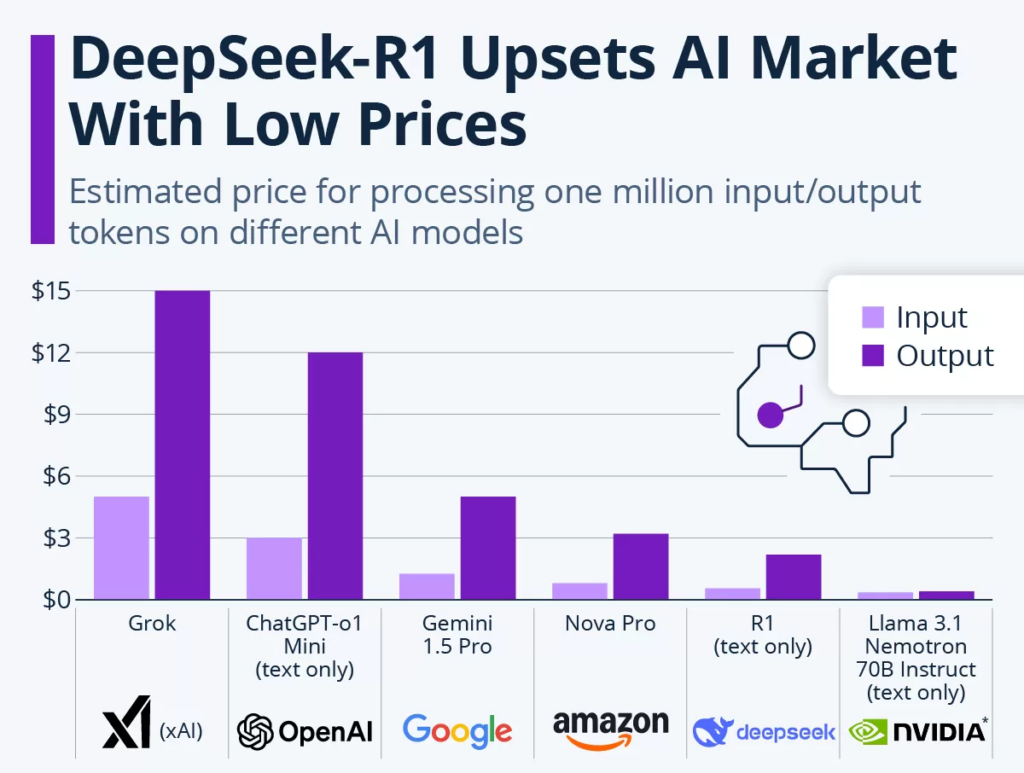OpenAI has flagged China’s potential sway over DeepSeek, a rising AI competitor, as a serious national security risk in a charged disclosure. The concern surfaced during a recent regulatory filing, where OpenAI warned that state-backed actors could leverage DeepSeek’s AI systems for malicious purposes, raising global stakes in the fast-moving world of AI development.
What’s Happening & Why This Matters
OpenAI Names DeepSeek as a Security Risk
In its formal filing with U.S. regulatory bodies, OpenAI identified DeepSeek as a foreign entity vulnerable to state influence, specifically from China. The organization warned that AI tools, including large language models, could be misused to spread disinformation, steal intellectual property, or undermine cybersecurity frameworks.
OpenAI’s spokesperson explained, “Our concern centers around state-directed misuse of AI that could cause significant harm.” The document references China’s tightening tech regulations and historical precedent of government control over private firms, fueling unease about DeepSeek’s operational independence.
DeepSeek’s Rising Profile

DeepSeek, an emerging AI player, has drawn attention for its advanced language models and AI research breakthroughs. With funding and partnerships tied to Chinese investors, the platform has been under Western scrutiny, especially as tensions mount between Washington and Beijing over technology transfer risks.
Analysts suggest DeepSeek could become a key AI rival to OpenAI, Anthropic, and Google DeepMind. However, OpenAI’s warning positions it not just as a competitor, but a possible security liability. AI policy expert Jane Li commented, “This highlights a larger concern about who controls powerful AI systems and to what end.”
Implications for Global AI Governance

This disclosure feeds into ongoing debates about AI regulation, national security, and technological sovereignty. Governments worldwide are racing to draft AI safety laws that address ethical use, data privacy, and foreign influence. OpenAI’s filing could spark investigations into DeepSeek’s ownership structure, data sources, and compliance standards.
Meanwhile, U.S. lawmakers have intensified efforts to restrict AI exports and limit partnerships with firms tied to foreign governments. The Biden administration has also signaled intent to monitor AI firms under Committee on Foreign Investment in the U.S. (CFIUS) guidelines.
TF Summary: What’s Next
OpenAI’s alert about DeepSeek fuels global discussions on AI security risks and foreign influence. With the AI arms race accelerating, regulators will likely scrutinize AI players with ties to state-driven agendas. Expect increased oversight, potential sanctions, and deeper geopolitical divides in the tech world.
— Text-to-Speech (TTS) provided by gspeech

